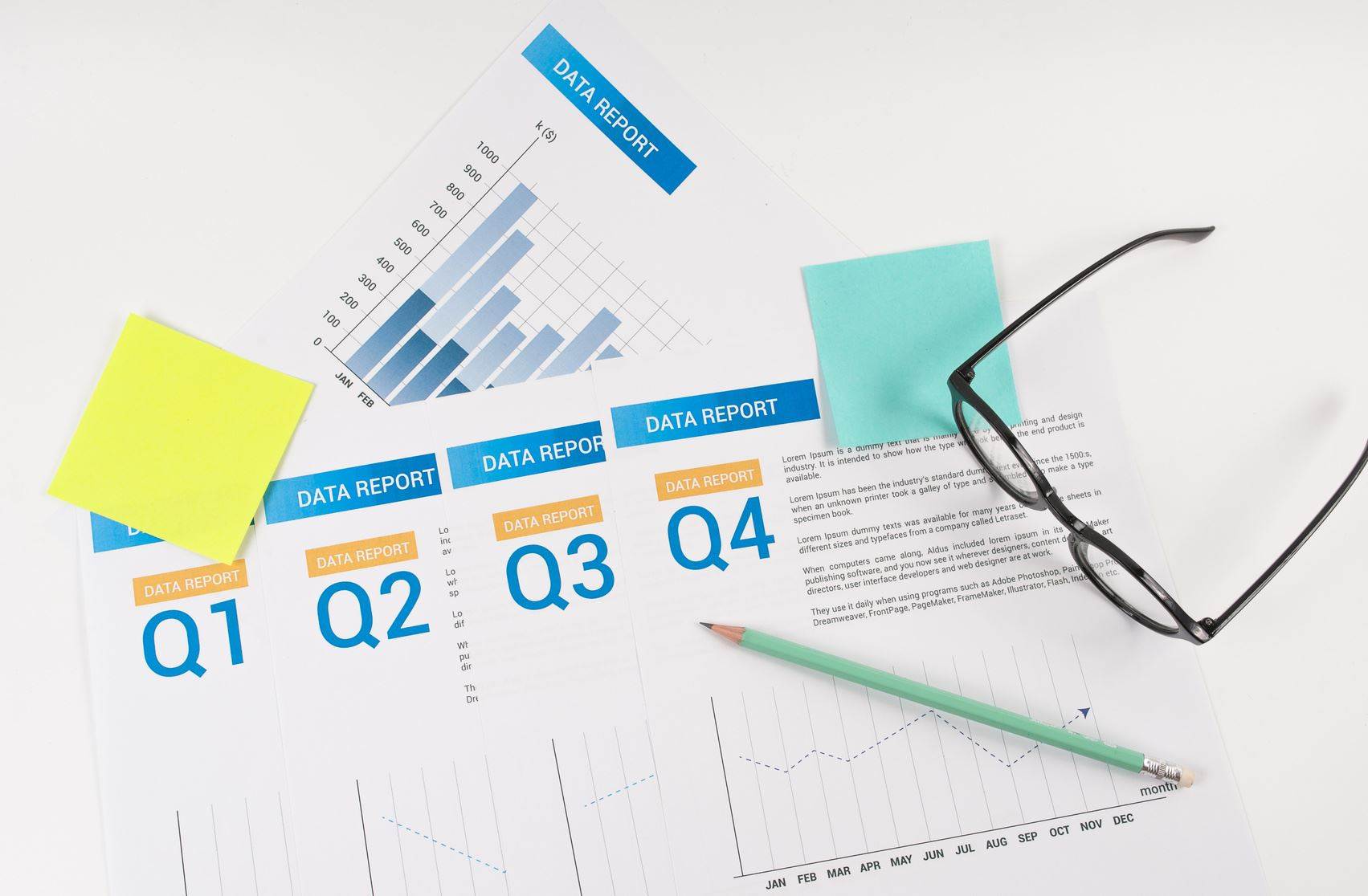The data point should be used with the DMI as a whole for the full effect. If you want to understand how the tool works fully, understand the data points that go into the equation and pick apart the variables. There are many tools that can help you narrow your search and assist in identifying the best indicator for your trading style. MacroAxis has a plethora of tools to help you in your research.
Minus-Directional-Movement
| By Nathan Young | Macroaxis Story |
This particular data point on its own is minimal, as it is apart of a larger indicator called the Directional Movement Index or DMI for short. There are three different lines in the DMI and the minus direction movement is one of them that helps traders determine direction in the market. DMI is measured using a range of 0 to 100 and fluctuates as the market moves.
Updated over a year ago View currently updated edicational stories | Filter Minus Directional Movement |
Reviewed by Gabriel Shpitalnik
When looking for a potential market trend, you want to ensure the data points are crossing above 20 to 25, as that can be more indicative of a potential change in the market. The minus directional movement aspect of this indicator shows the market may be trending bearish if the minus is above the positive directional movement and they cross above the 25 mark on the indicator.
Building efficient market-beating portfolios requires time, education, and a lot of computing power!
The Portfolio Architect is an AI-driven system that provides multiple benefits to our users by leveraging cutting-edge machine learning algorithms, statistical analysis, and predictive modeling to automate the process of asset selection and portfolio construction, saving time and reducing human error for individual and institutional investors.
Try AI Portfolio ArchitectEditorial Staff
Would you like to provide feedback on the content of this article?
You can get in touch with us directly or send us a quick note via email to editors@macroaxis.comDid you try this?
Run Sign In To Macroaxis Now
Sign In To MacroaxisSign in to explore Macroaxis' wealth optimization platform and fintech modules |
| All Next | Launch Module |
Other Consideration for investing
| Volatility Analysis Get historical volatility and risk analysis based on latest market data | |
| Watchlist Optimization Optimize watchlists to build efficient portfolios or rebalance existing positions based on the mean-variance optimization algorithm | |
| Equity Analysis Research over 250,000 global equities including funds, stocks and ETFs to find investment opportunities | |
| Correlation Analysis Reduce portfolio risk simply by holding instruments which are not perfectly correlated | |
| USA ETFs Find actively traded Exchange Traded Funds (ETF) in USA |
